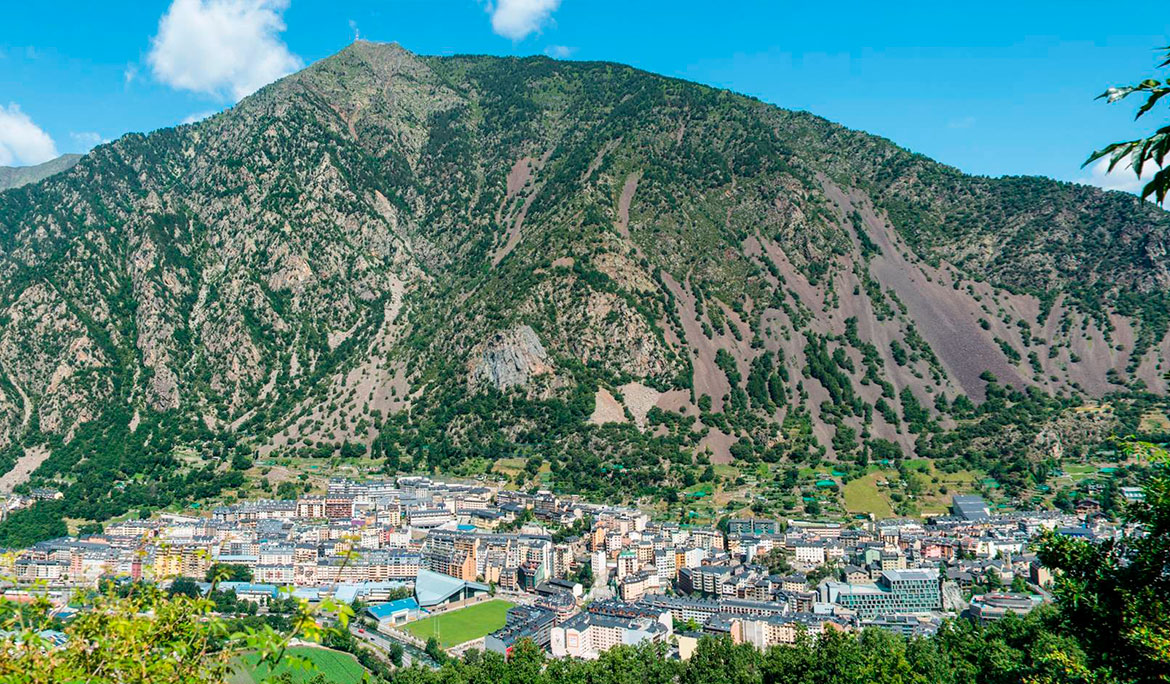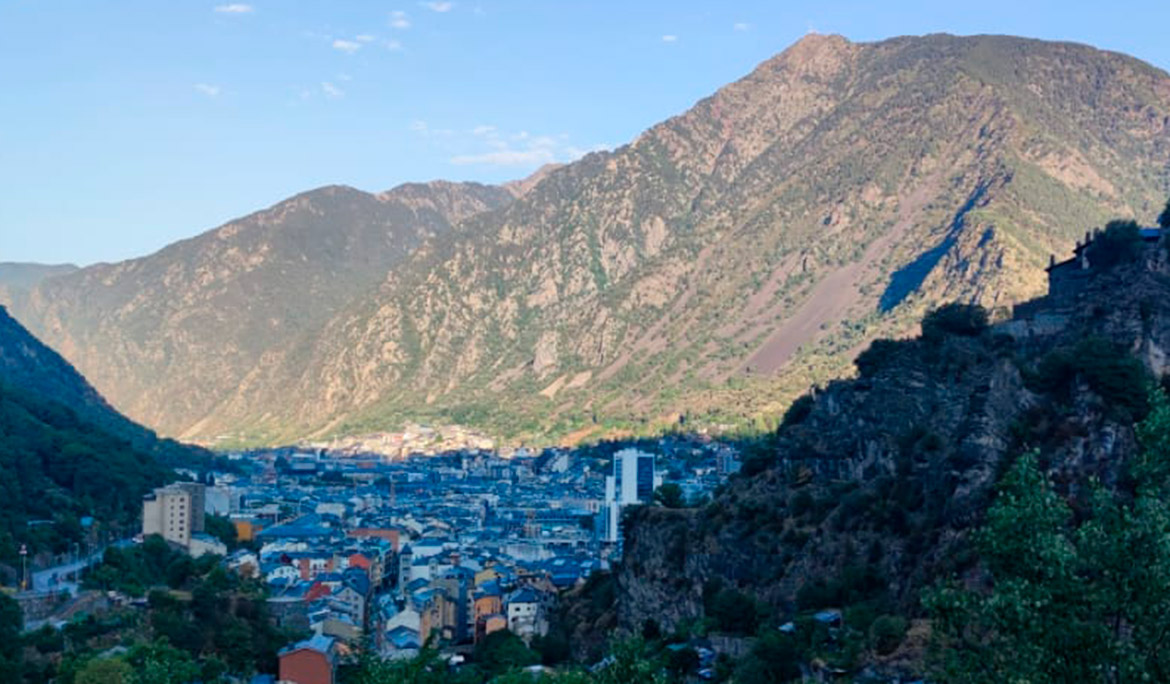Andorra has been living in a state of confinement since 13 March 2020.
Just like in France and Spain, decrees have been passed introducing exceptional measures to tackle the medical emergency caused by the SARS-CoV-2 coronavirus.
Commercial and tourist activity, one of the country’s major economic drivers, has ground to a halt. The priority is clear: control the spread of the virus to prevent the collapse of the health system and reduce the impact on the population as much as possible.
State of emergency: closure or remote working
The population is aware of the situation and is acting accordingly. Companies that are able to do so are rapidly implementing remote working measures so they can continue to operate. Those that are unable to do so are closing their doors. Supermarkets and food establishments are not suspending activities to ensure that all citizens can continue to have access to fresh food each day, but they are operating in accordance with the strictest precautions and the recommendations of the health authorities.
Schools are not exempt either. From the first day of the suspension of classes, measures have been implemented that allow students to continue with their curriculums from home, with remote support provided when necessary.
Swift action by government and citizens
With very few exceptions, the recommendations issued by the government have been adopted quickly and collaboratively by the country’s population and business sector. The fact that this is a small country undoubtedly facilitates the coordination of movements and the collective recognition of the need to act almost immediately for the common good.
From the very start, the government’s legislative machinery has been busy drafting a law that protects the country’s workers while also supporting companies established in Andorra. At present, we already know that it will be possible to delay the payment of telephone and electricity bills, as well as social security contributions and tax payments.
An excellent healthcare system that is overstaffed for the local population
Andorra’s public health system is considered to be among the best in the world. It is also designed to accommodate the influx of tourists who visit us year after year during the winter (peak season) in addition to the domestic population. As a result, our health system is less likely to collapse (as has been the case in neighbouring countries). Thanks to public-private coordination and the lessons learnt from the experience of neighbouring countries, there is already an emergency plan in place that will allow us to accommodate those affected in the event of a lack of hospital beds.
A less dense population and a cleaner environment
The environmental conditions in Andorra have also proved to be beneficial for the containment of the virus. Before confinement was decreed, day-to-day life in the country was very different from that in major urban centres. In Andorra, population concentrations are far from huge and most companies are micro or medium sized.
Positive cases controlled
After the three first weeks of confinement, the country has 439 positive cases of Covid-19. Of these, 50 have required hospitalisation, including 17 people admitted to the ICU . 16 death has been recorded, mostly octogenarians.
Information regarding the health situation is provided promptly to the population via television bulletins from the Minister of Health and the government spokesperson. The instructions and recommendations to the citizens are clear, as are the results of all the actions that the country carries out collectively. It appears as though the curve has flattened out in the last few days.
During these weeks of confinement, the team at Advantia Assessors is continuing to operate remotely to guarantee the highest level of service to its private and corporate clients. We hope that the measures decreed will allow us to continue our day-to-day work.



